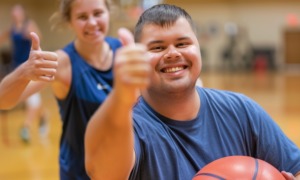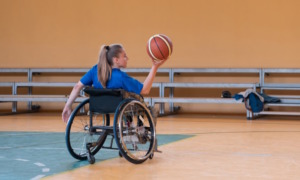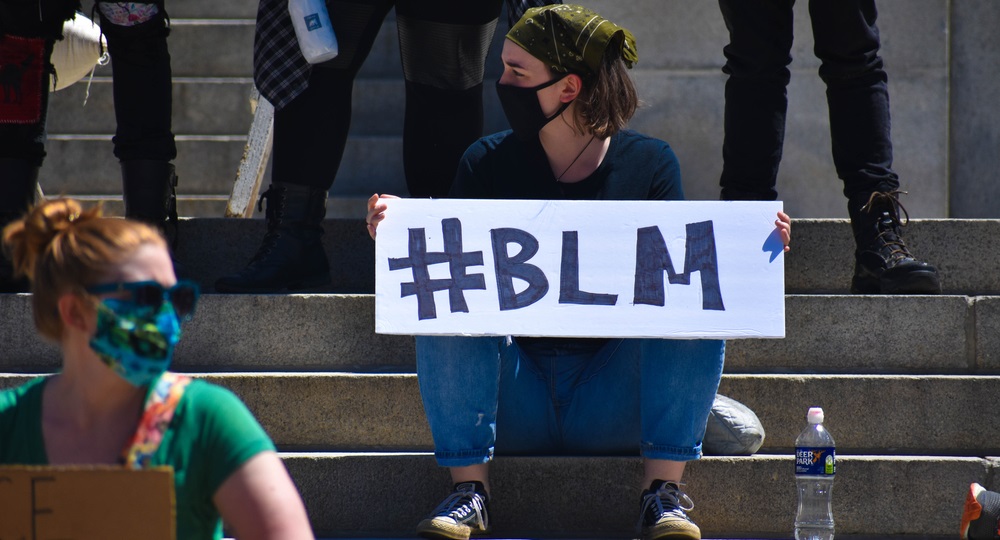 JELANI PHOTOGRAPHY/SHUTTERSTOCK
JELANI PHOTOGRAPHY/SHUTTERSTOCK
Amid a global pandemic there have been protests and unrest in the United States in reaction to cases of police brutality and the killing of African Americans. Recently, a grand jury in Kentucky ruled that none of the three officers involved in Breonna Taylor’s death would face manslaughter charges. Former officer Brett Hankison would be charged with wanton endangerment in the first degree for shooting a bullet that went into a neighboring residence, they ruled.
This ruling angered many people in the community and once again, as we have seen in the past several months, people gathered to protest in the streets. As time passes I am seeing that more and more citizens are unhappy with the state of racial justice in this country. I spoke with two young women who live with disabilities to get their take on this situation.
Cassandra Jones is 32 and lives in Illinois. She lives with several disabilities, including Ehlers Danlos Syndrome, which affects the connective tissue in skin, joints and blood vessel walls; postural orthostatic tachycardia syndrome, which affects blood circulation; Charcot Marie Tooth disease, which damages the peripheral nerves; various gastrointestinal disorders; autism spectrum disorder, and some psychiatric disorders. Jones is a service dog handler and advocate. She teaches others about disability online and through speeches she gives to organizations like the Girl Scouts.
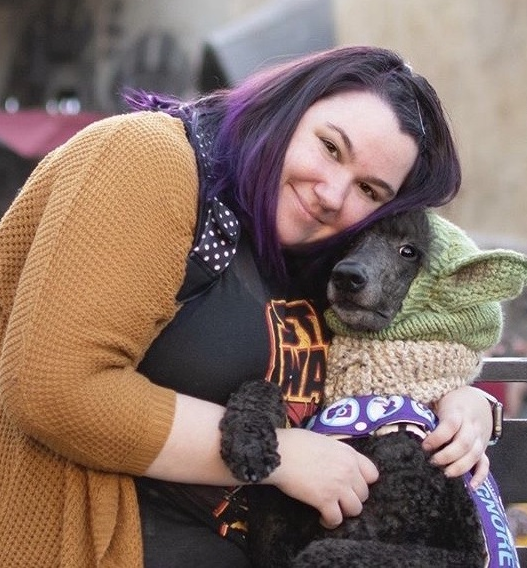
Cassandra Jones
Being disabled helps her relate, of only slightly, to the fight for racial justice and equality, she said.
“I think minorities, currently focusing on the black community, have every right to be angry,” she said. “As a white person, it’s not up to me to decide how BIPOC [Black, indigenous, people of color] express and vent that anger. Rioting and violent protest have, historically, been the most effective catalysts for change. We need that change badly. Being disabled and a woman, I experience ableism, sexism and all sorts of prejudice. I can relate to such a small part of the effects of racism … and even that is too much to tolerate, some days. I stand behind the protests and what they stand for.”
Another young woman I spoke to agrees that the protests are necessary and looks to the future with hope for lasting change.
Joanna, who declined to use her last name, is 24 and lives in New Jersey. She has mast cell activation syndrome which, in her words, makes her “allergic and sensitive to almost everything.” She uses her social media platforms, Twitter and Instagram (@joannanobanana), to spread awareness about mast cell activation syndrome and other chronic illnesses.

Joanna
“The United States has a history of racial injustice which is clearly present in modern society,” she said. “I fully support the recent protests. Hopefully, there will be changes made in the near future so that Black Americans can feel safe and police brutality will no longer exist.”
Although these protests have been on the main stage in the news, we are still in the midst of a pandemic that is affecting nearly every aspect of our lives. I asked both women how they felt young people with disabilities are being impacted by the virus. Joanna spoke about the fact that ableism exists even within the scope of coronavirus.
“Unfortunately, during COVID a lot of ableism regarding eugenics has risen in which disabled folks are seen as less valuable than abled folks. Knowing that people aren’t following social distancing guidelines and mask guidelines further implies this disheartening mindset. A lot of my high-risk friends won’t be seeing their friends and families for many months. This waiting timeline gets extended when people continue to disregard those safety guidelines,” she said.
Jones said that her experience with distance learning has posed some unique challenges.
“Distance learning has made it even more difficult for therapists and teachers to follow IEPs [ndividualized Education Programs]. Distance learning kids have no access to the adaptive equipment they had at school unless they already had doubles at home. I am a mom to three with disabilities and/or unique needs and all three of them are struggling without being able to go to school to receive their therapies and other learning,” she said.
While the world battles a disease that has already taken more than one million lives, the U.S. is fighting another battle for racial justice. If you think back to the civil rights era of the 1960s you can see that this battle has been going on for decades, and the racism that enables it goes back centuries. Young people with disabilities share similar challenges fighting ableism and for equal rights and accomodation. As I have seen, they are often in solidarity with BIPOC in the fight for racial justice.
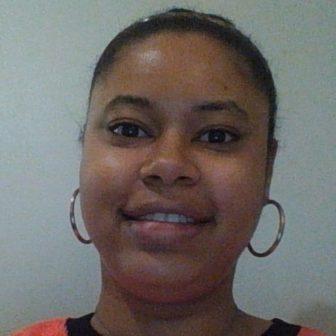
Deandra Mouzon
Deandra Mouzon is a Georgia-based journalist who received a B.A. in journalism from CUNY’s York College. Currently she is working on a publication about youth with disabilities.


